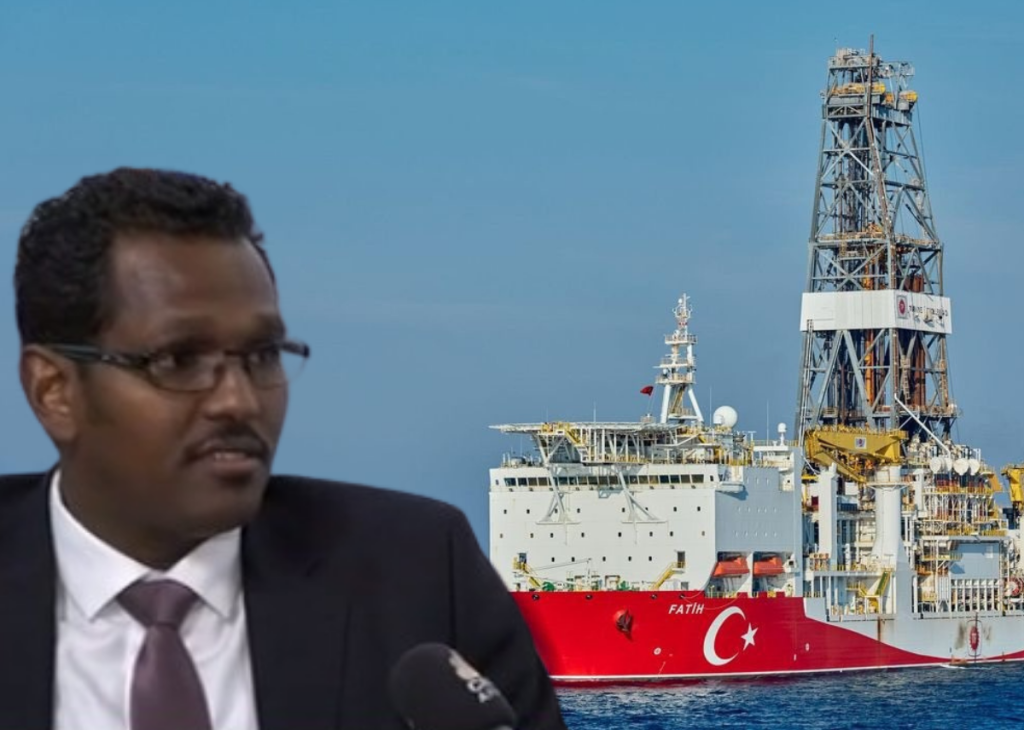A former senior Somali petroleum official has voiced strong support for Somalia’s recent energy framework agreement with Turkiye, calling it a pivotal step toward transforming the country into a future petroleum producer.
Engineer Khadar Shukri Dhoomey, former Director General at the Ministry of Petroleum and Mineral Resources and now a leading figure in Somalia’s private energy sector, spoke to Gaylan Media to clarify key details of the agreement and respond to public concerns.
According to Dhoomey, the agreement signed between Somalia and Turkiye is a framework deal, not a final production contract. “This is not a Production Sharing Agreement yet. The framework merely outlines the principles and intentions. The full PSA will be a detailed document over 200 pages long,” he explained.
He sought to dispel misinformation circulating about revenue splits, particularly the widely misinterpreted 90% figure, which he said refers to cost recovery, not profit. “This is standard practice in the global oil industry. It allows companies to recover the costs of their initial exploration and drilling,” he noted. Similarly, the 5% mentioned in the document refers to a royalty, not Somalia’s full share of profits, he added.
Dhoomey stressed that Somalia stands to benefit substantially from the agreement, especially if preparations are made early. “Turkiye is taking a risk by entering Somalia’s untapped energy sector, especially when global investments are moving away from fossil fuels. Their engagement reflects trust and long-term vision,” he said.
The former official also revealed that Turkish drilling ships like Fatih are expected to begin exploration in Somali waters, marking a historic development for the country’s offshore potential. He urged Somali institutions to begin serious preparations for the next phase, including training local experts and strengthening regulatory capacity.
“This agreement lasts just five years—far shorter than the typical 25-year contracts seen in oil exploration,” Dhoomey pointed out. “This gives Somalia a window of opportunity to lay the foundations for future resource management.”
He emphasized the need for transparency and accurate public communication, calling for technical experts—not political figures—to lead discussions with the Somali public. “There’s a genuine concern among citizens to protect our natural resources, and that concern is valid. But it must be guided by facts, not fear,” he said.
In closing, Dhoomey described the Somalia–Turkiye deal as the country’s most promising opportunity yet to become an energy-producing nation. He encouraged Somalis to support the initiative, adding, “This is about national development, not just oil. If managed wisely, it could help lift our economy and fund public services for generations.”



